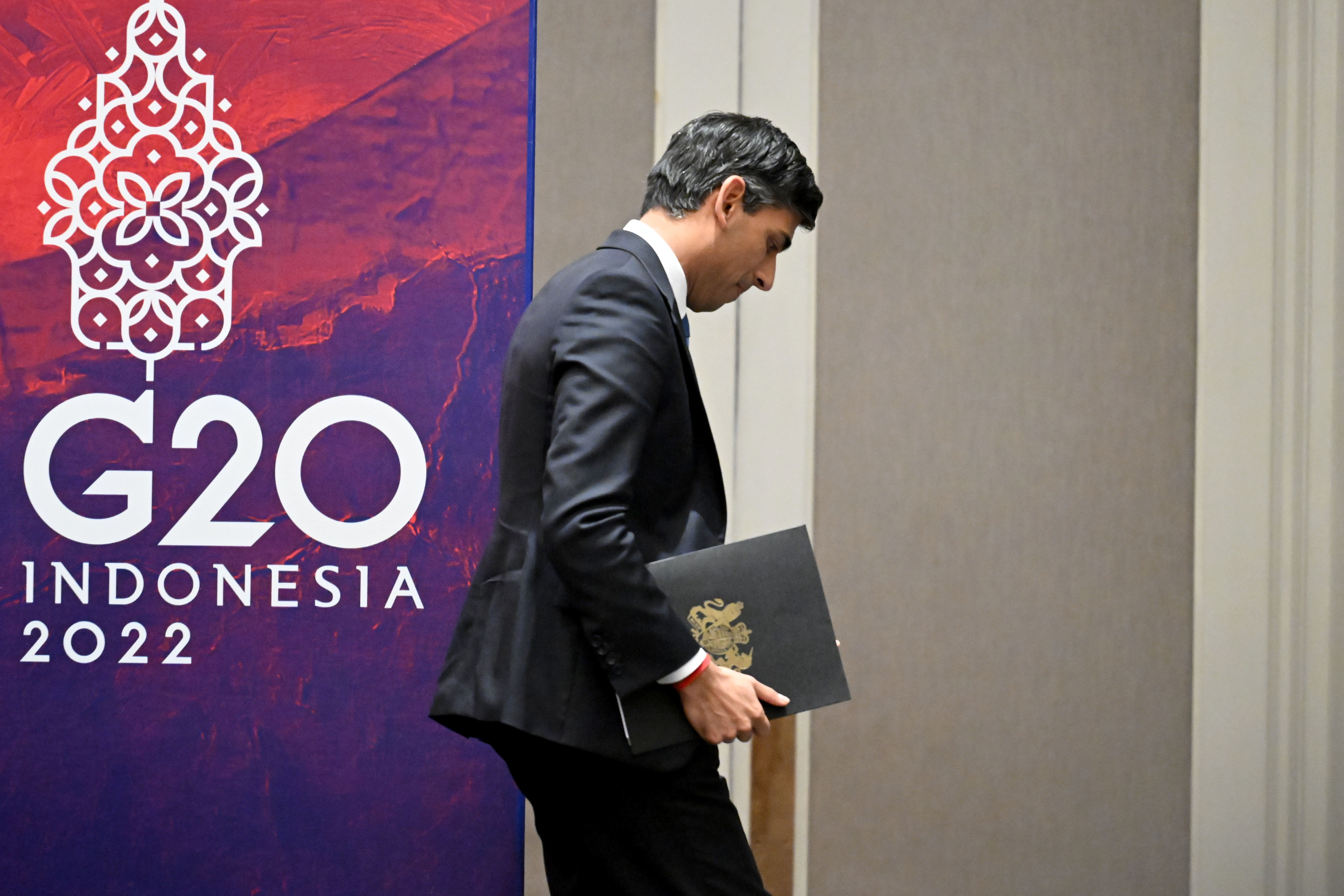In his first major foreign policy speech as prime minister, Rishi Sunak warned signalled the end of the “golden era” of relations between Britain and China.
The term “golden era” was used prominently by former prime minister David Cameron and his chancellor George Osborne to forge closer links with the emerging economic superpower.
“The so-called ‘golden era’ is over, along with the naive idea that trade would lead to social and political reform”, Mr Sunak told the annual Lord Mayor’s Banquet in London.
Mr Sunak added that the UK needs to take a “longer-term view on China”.


He said: “We recognise China poses a systemic challenge to our values and interests, a challenge that grows more acute as it moves towards even greater authoritarianism.
“Instead of listening to their people’s protests, the Chinese government has chosen to crack down further, including by assaulting a BBC journalist.
“The media – and our parliamentarians – must be able to highlight these issues without sanction, including calling out abuses in Xinjiang – and the curtailment of freedom in Hong Kong.”
He stopped short of calling China a threat.
The prime minister also gave his support to Chinese protesters, condemning Beijing’s crackdown which resulted in the assault of BBC journalist Ed Lawrence who was covering demonstrations in Shanghai.
However, Sunak warned against “simplistic Cold War rhetoric” on China, instead insisting he would continue to employ “diplomacy and engagement” in his dealings with the country.
Continuing, Mr Sunak promised an “evolutionary leap” in the UK’s approach to repressive regimes around the world, which he said would be characterised by “robust pragmatism”.
The comments were called “weak” by critics, including former Conservative party leader Iain Duncan Smith. Duncan Smith, who is subject to sanctions from Beijing in relation to his record of speaking out on China, told The Independent that Mr Sunak’s promise to pursue a policy of “diplomacy and engagement” with China was “shameful”.
Labour accused the PM of “flip-flopping” on China. Only months ago, Mr Sunak told voters in the Conservative leadership contest that China represents “the largest threat to Britain and the world’s security and prosperity this century”.

